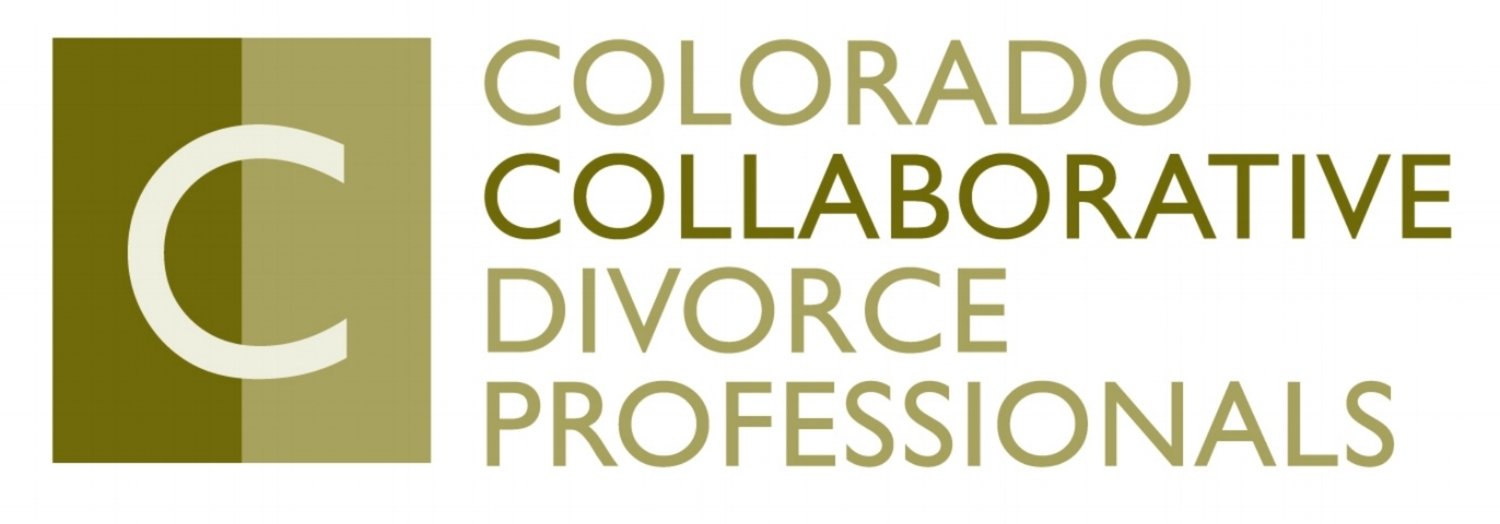I’ve been pondering the moving Marriage Story for some time now and have come to the conclusion that it perfectly encapsulates the conundrum of the traditional litigated divorce – that despite our best intentions, the process is not something that most families can control and it is often shaped more by the attorney that we choose than by our own vision of how our divorce should proceed. In the movie, Nicole and Charlie, an actor and a theater director, embark on the divorce process with the best of intentions. They both express a desire not to fight about the property and to do what is best for their young son, Henry. However, through their respective choice of attorneys, the parties end up on a path that is both more expensive, and more fraught with conflict, than either imagined at the outset.
Nicole chooses Nora Fanshaw, a prominent Los Angeles divorce attorney based on real-life attorney Laura Wasser, to represent her in the divorce. At first, Nora appears reasonable. She meets with Nicole in a homey office environment, serves tea and biscuits, and acts accommodating when Nicole says she wants to be able to remain friends with Charlie. However, Nora’s real focus is on the conflict, exclaiming loudly about what an a**hole Charlie is for cheating on Nicole, creating a false storyline about how the parties are really an L.A.-based family when they have lived their entire marriage in New York, and casting Charlie as an absentee father. The character of Nora perfectly captures how attorneys can subtly twist the process away from what their client wants to what the attorney wants.
Charlie’s first attorney, Bert, tries to give him practical, child-centered advice, but Charlie feels that he is losing because Bert’s approach requires compromises that Charlie is unwilling to make. As a result, Charlie hires Jay, who doesn’t even bother to pretend approaching the case reasonably. He immediately asks for evidence of Nicole using drugs, suggests that they hire a private investigator, and looks to cast Nicole as an alienating mother. As often happens in litigated cases involving children, the parties end up with a court-appointed evaluator looking at their parenting. Nicole and Charlie recognize that the process is impossibly flawed, with the evaluator making recommendations based on a short, stilted, period of time spent with both parents and Henry.
Eventually, Charlie capitulates to allow Henry to remain in Los Angeles with his mother, which in turn allows the parties to settle the financial issues as well. However, even at the end, with the case settling, Nora “sticks it” to Charlie by including a provision in the Settlement Agreement that gives him less parenting time with Henry when he is in L.A., even though that wasn’t what Nicole said she wanted.
The story of a family’s divorce is often one that continues to be told for years to come. Whether the story of your divorce is one where your children exclaim about how well their parents handled the divorce, or whether it becomes the nightmare divorce scenario that is often portrayed in movies, is entirely up to you and your spouse. One way to avoid the pitfalls of a litigated divorce is to consider using the Collaborative divorce process.
In a Collaborative process, the needs of both Nicole and Charlie would have been taken into account and the focus would have been on doing what was best for Henry as well. If you are considering a divorce where you and your spouse are both interested in settlement, understand the importance of maintaining a good co-parenting relationship, and are focused on the best interests of your children, choosing an attorney who is Collaboratively-trained, and who has the temperament to focus on solutions, will give you the best chance of managing your divorce story the way that you want.
Kristi Anderson Wells, brings many years of experience in the areas of taxation, benefits and executive compensation to the practice of family law. Her practice exists at the intersection of these areas of law, focusing on complex financial issues such as trusts, business interests, executive compensation, retirement assets, and stock rights in divorce. Kristi writes and speaks regularly on complex divorce issues. Most recently, Kristi authored The Executive Compensation Handbook: Stock Option Awards, Restricted Stock Grants, Cash Bonuses, Incentives, and Other Non-Qualified Deferred Compensation in Divorce, published by the American Bar Association. Kristi has been designated as a Colorado “Super Lawyer” since 2015. Please visit Kristi Wells website at https://wellsfamilylawcolorado.com for more information.

